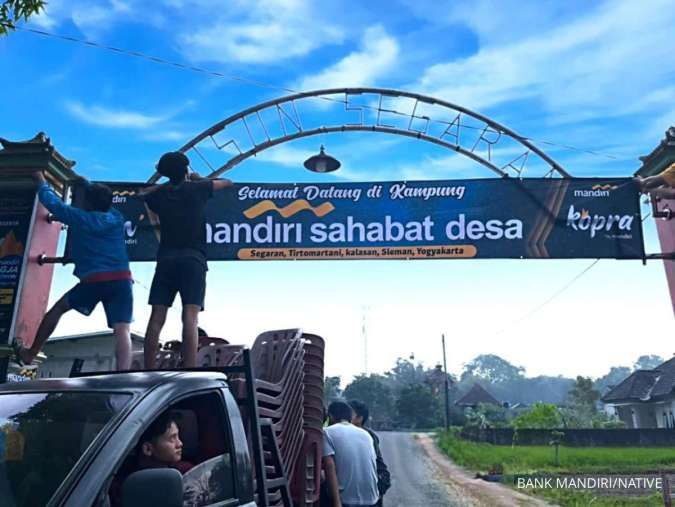JAKARTA. Investor service company Moody’s says that the Indonesian banking industry will benefit from Bank Indonesia’s recent policy to tighten property loans. On 11 July, Bank Indonesia (BI) announced it would lower maximum loan-to-value (LTV) caps — 60 percent for second mortgage loans and 50 percent for third mortgage loans, from the 70 percent cap on all mortgages BI introduced in March 2012 — as of September. In addition, banks will be restricted from extending loans used as down payments for home purchases. It is expected these measures will reduce demand on residential properties for investment or speculation, instilling more prudent lending and a common prudential standard among banks.
Plan to tighten property lending is positive
JAKARTA. Investor service company Moody’s says that the Indonesian banking industry will benefit from Bank Indonesia’s recent policy to tighten property loans. On 11 July, Bank Indonesia (BI) announced it would lower maximum loan-to-value (LTV) caps — 60 percent for second mortgage loans and 50 percent for third mortgage loans, from the 70 percent cap on all mortgages BI introduced in March 2012 — as of September. In addition, banks will be restricted from extending loans used as down payments for home purchases. It is expected these measures will reduce demand on residential properties for investment or speculation, instilling more prudent lending and a common prudential standard among banks.

